Does Britain need to get closer to the European Union?
To elite Remainers in the UK, the EU represents all that is good and holy. Apparently, it is a motor of economic dynamism, a haven of political stability and a shining beacon of liberal, democratic values. Leaving it, they say, as the public voted to do in 2016, has put Britain on the path to economic and social ruin.
Labour prime minister Keir Starmer, while accepting Brexit on paper, clearly agrees with this elite consensus. His government is looking for a major reset in UK-EU relations. He sees deeper trade ties with Brussels, and closer alignment with EU rules, as critical to kickstarting economic growth. He even sees closer collaboration with Europe as the solution to the migration crisis in the English Channel. Ahead of a recent meeting with Ursula von der Leyen, the head of the European Commission, Starmer said it was more important than ever to be ‘in lockstep’ with Brussels.
But this starry-eyed view of the EU seems to be a delusion confined to Britain’s ruling class. Over on the continent, even ardent Europhiles are sounding the alarm about the EU’s mounting problems. French president Emmanuel Macron warned earlier this month that the EU faces a ‘mortal’ threat from economic decline. The staunchly pro-EU governments of Germany and Poland are defying EU diktats on migration and asylum. Meanwhile, European voters are turning en masse towards populist, Eurosceptic parties. The EU settlement on migration, on Net Zero and on the economy is coming under strain like never before.
The most significant intervention has come from Mario Draghi, one of Europe’s most senior technocrats. Draghi, a former head of the European Central Bank and former prime minister of Italy, was tasked by the European Commission with producing a plan to revive European competitiveness. As he compiled his 400-page report, he admitted to having ‘nightmares’ about the EU’s economic prospects.
As the final Draghi report makes clear, the EU has been in deep economic trouble for some time now. At the turn of the century, the EU and US were on a relatively equal footing. But, on a per-capita basis, real disposable income in the EU has grown at only half the rate of the US since the year 2000. The US now massively outperforms the EU in advanced technology. Only four in the world’s top-50 tech firms are European. Almost a million manufacturing jobs were lost in the EU in the last four years alone. The EU can no longer afford to be complacent in the face of this ‘calamity’, Draghi warns.
In fact, I’d argue that Draghi’s bleak assessment actually underestimates Europe’s woes. If you only look at averages across 27 member states, you can miss some of the real economic horror stories. Astonishingly, the economies of Italy, Spain and Greece are actually smaller today than they were in the late 2000s. Southern Europe was battered by the Euro crisis and EU-mandated austerity measures in the 2010s, and it has never recovered since.
Even those EU economies that are traditionally the most dynamic are starting to stagnate. Or worse. Germany, usually seen as Europe’s economic powerhouse, is rapidly deindustrialising. VW, the crown jewel of the German car industry, recently threatened job cuts and production-line closures for the first time in its 87-year history. Meanwhile, major firms like chemical giant BASF and tech conglomerate Siemens are also cutting jobs or offshoring their factories.
In France, the EU’s second-largest economy, debt is spiralling to the kinds of levels we saw in Italy just before the Euro crisis. In response, new French prime minister Michel Barnier has proposed eye-watering cuts to public spending. A new painful round of austerity is in the offing.
For Draghi, nothing less than a radical break in how Brussels approaches the economy will dig the EU out of its hole. He says there must be a fundamental rethink on trade, investment and regulation. His most eye-catching proposal is for an EU-funded investment plan worth €800 billion. That would be more than double the size of the US-backed Marshall plan that was needed to rebuild Europe after the Second World War.
Draghi has also urged Brussels to start shredding red tape. He notes that 60 per cent of companies in the EU see EU overregulation as a barrier to investment and innovation. While the US federal government passed 3,500 pieces of legislation and 2,000 resolutions between 2019 and 2024, the EU added 13,000 regulations in the same period.
When he launched his report last month, Draghi was asked by a journalist whether this is a ‘do or die’ moment for the European Union. Not quite, Draghi said. It is, however, a case of ‘Do this, or it’s a slow agony’.
Now, if radical change and ‘slow agony’ are the only choices on offer, then slow agony is what Europe can expect. The proposed €800 billion investment fund has already been shot down by Germany and other ‘frugal’ EU members. And the bureaucrats who actually run the show in Brussels are unlikely to heed Draghi’s warnings against overregulation. What’s more, the green agenda, one of the chief culprits of Europe’s relative decline, seems to have escaped Draghi’s notice. The EU-wide drive to Net Zero is pushing up energy prices and sending factories abroad, but European elites remain committed to this immiserating policy.
Even as the death rattle of the EU economy grows louder, few in Britain seem to have paid any notice. The Labour government, Whitehall and much of the mainstream media keep telling us that closer ties with the EU would be a major boon to British businesses. Yet all the signs from the continent show why binding ourselves to EU rules, regulations and policies would strangle the UK economy.
Even more perplexing is Keir Starmer’s belief that the EU holds the answers to the UK’s migration crisis. He wants the UK to do a deal with Europe to take back migrants who cross the English Channel illegally. He seems to think that Brussels is Britain’s best hope of stopping the small boats.
This is a fantasy, to put it mildly. In fact, Starmer is probably the only politician in Europe to take a positive view of the EU’s migration policies. Seasoned EU officials will readily admit the asylum system is ‘broken’. Most member states have long given up hope on an EU-wide solution to the migrant crisis.
An EU-wide Migration Pact was finally approved by the European Council in May this year, following years of negotiations. It compels member states to more evenly share the burden of housing refugees from outside the EU. While it’s not due to come into force until June 2026, some member states are already getting cold feet. In September, Hungary and the Netherlands both asked to be excluded from the pact. This probably shouldn’t surprise us, given that Hungarian prime minister Viktor Orbán has long railed against non-EU migration, and the largest party in the Dutch government is led by the hard-right Geert Wilders.
But it’s not just right-populist governments that are pulling up the borders. Polish prime minister Donald Tusk was once the head of the European Council. He is a Europhile to his core. Yet last week, he took the extraordinary step of suspending the right to claim asylum in Poland. Tusk warns that any would-be refugees coming over the Belarussian border will be turned back and deported. This is a major repudiation of EU law.
Perhaps more significantly, last month German chancellor Olaf Scholz introduced border controls on all of Germany’s land borders. This was in response to an Islamist terror attack in Solingen, west Germany – and to mounting pressure from voters and populist parties. The move has effectively nullified the Schengen agreement, which is supposed to guarantee passportless travel between EU members. Freedom of movement – a core and supposedly non-negotiable principle of the European Union – is now being undermined by the Europhile leader of the EU’s most powerful member state.
The news coming out of the EU lately has been relentlessly bleak. We see Europe’s economy stagnating. We see it struggling to cope with mass migration. The EU is clearly not the economically dynamic, politically stable bloc its elite Remainer supporters like to make it out to be. In truth, it is a crumbling empire whose founding principles are being relentlessly questioned – even by its most ardent fans. Brussels is the source of many of Europe’s woes, not their solution.
And that’s without getting into the most fundamental problem with the EU – the thing that makes the Brussels bureaucracy so detached from the concerns, the trials and tribulations, of ordinary people. Despite posing as a bastion of liberal democracy, the European Union is a thoroughly anti-democratic, illiberal institution, led by an unelected Commission, designed to take decisions out of the hands of European voters. Which is why the issue of democracy and control was at the forefront when Brits wisely voted to leave this thing back in 2016.
If Britain’s future really depends on closer alignment to the EU, then that’s not a future that any of us should look forward to. Keir Starmer’s plot to drag Britain back towards Brussels must be fiercely resisted.
Source: Spiked


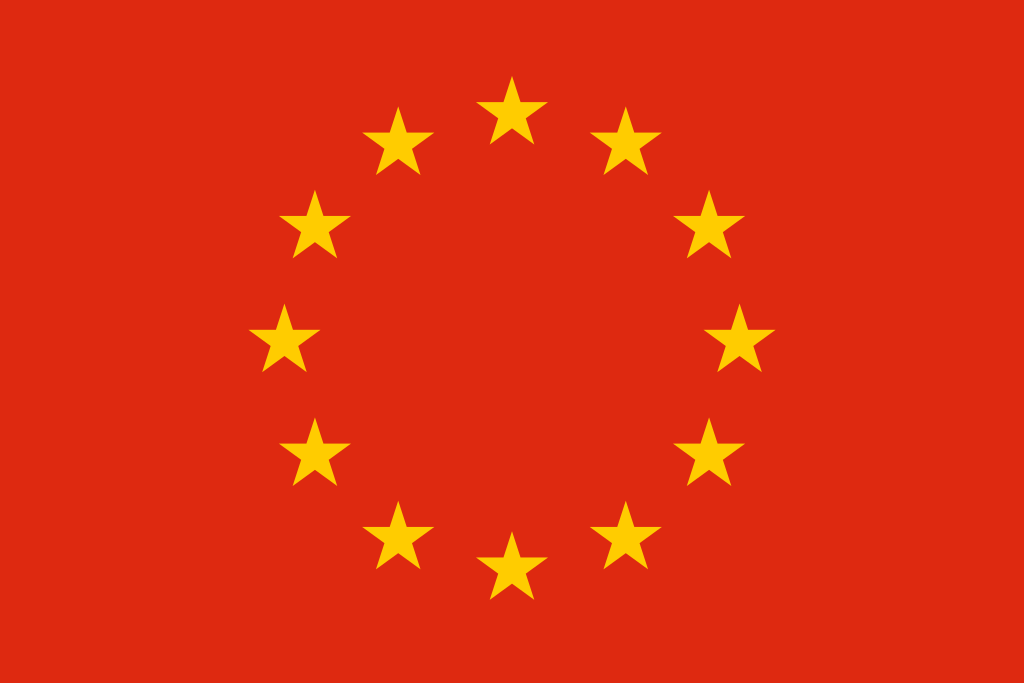
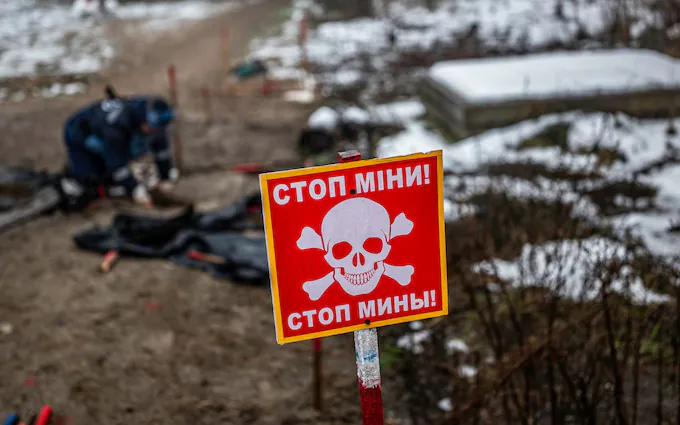
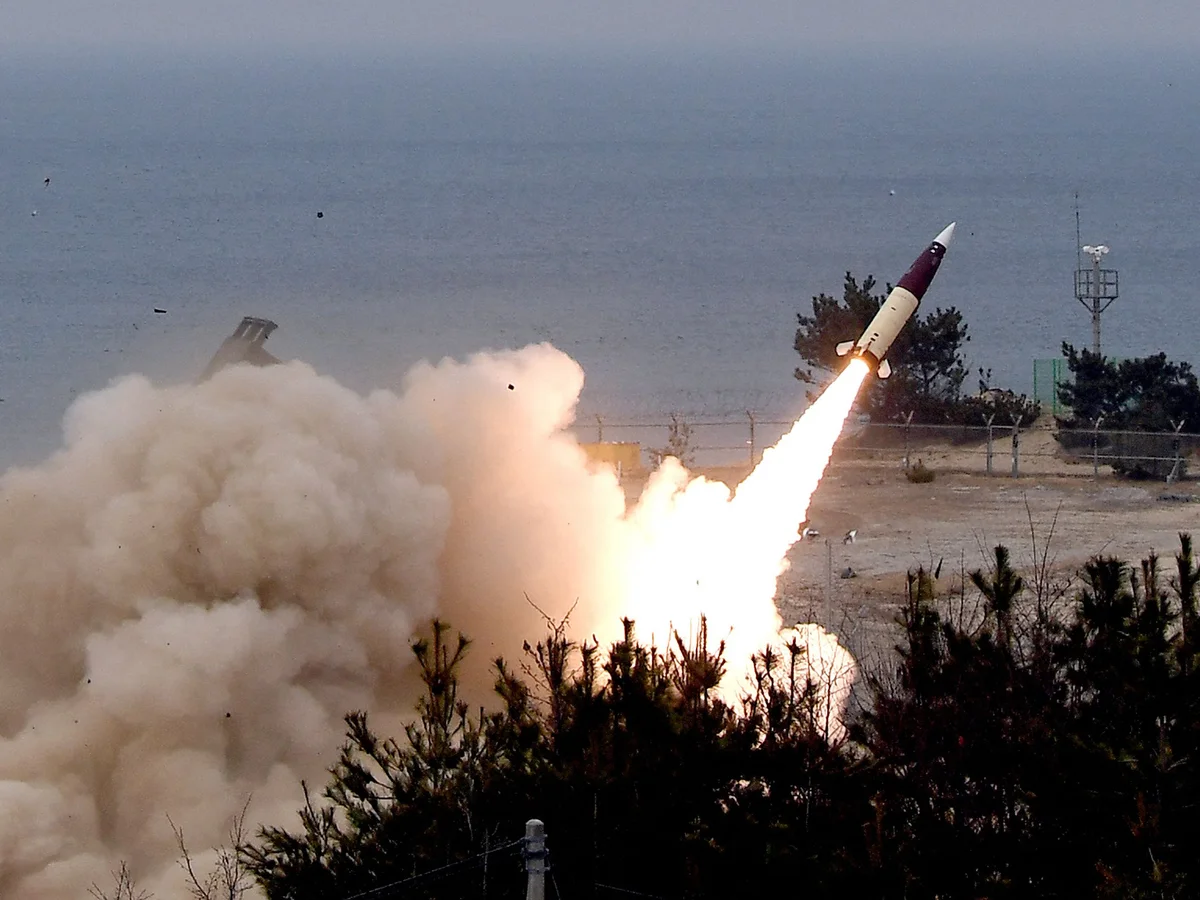
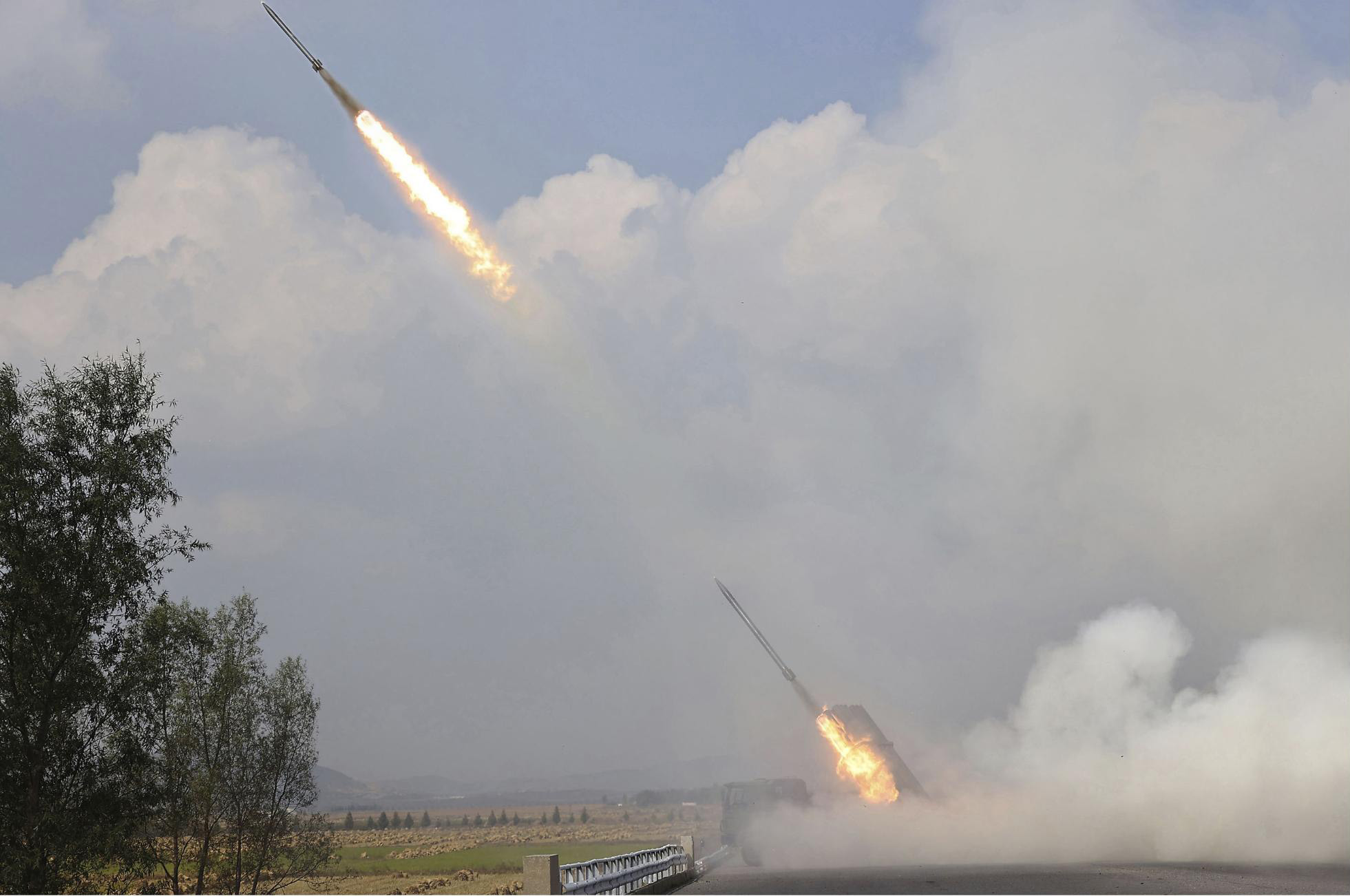






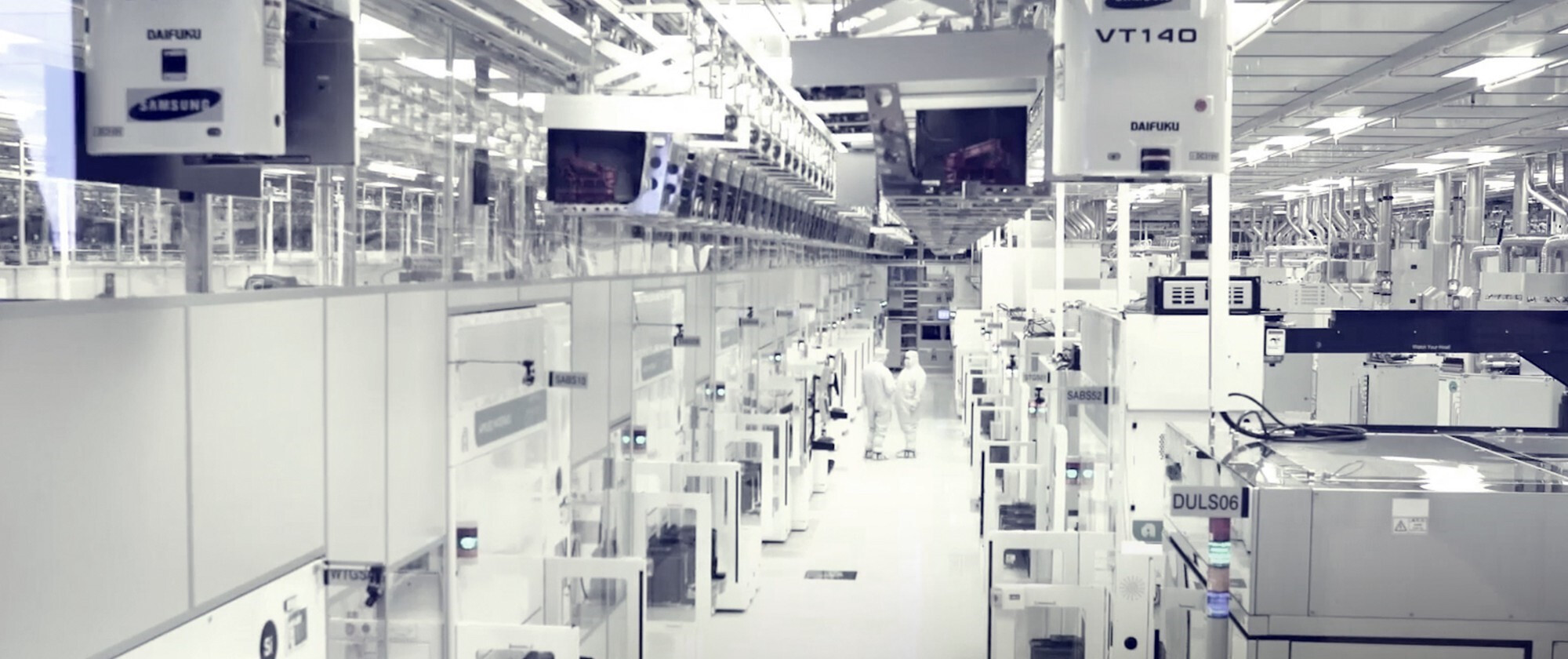
No comments.
By submitting a comment you grant Free West Media a perpetual license to reproduce your words and name/web site in attribution. Inappropriate and irrelevant comments will be removed at an admin’s discretion. Your email is used for verification purposes only, it will never be shared.